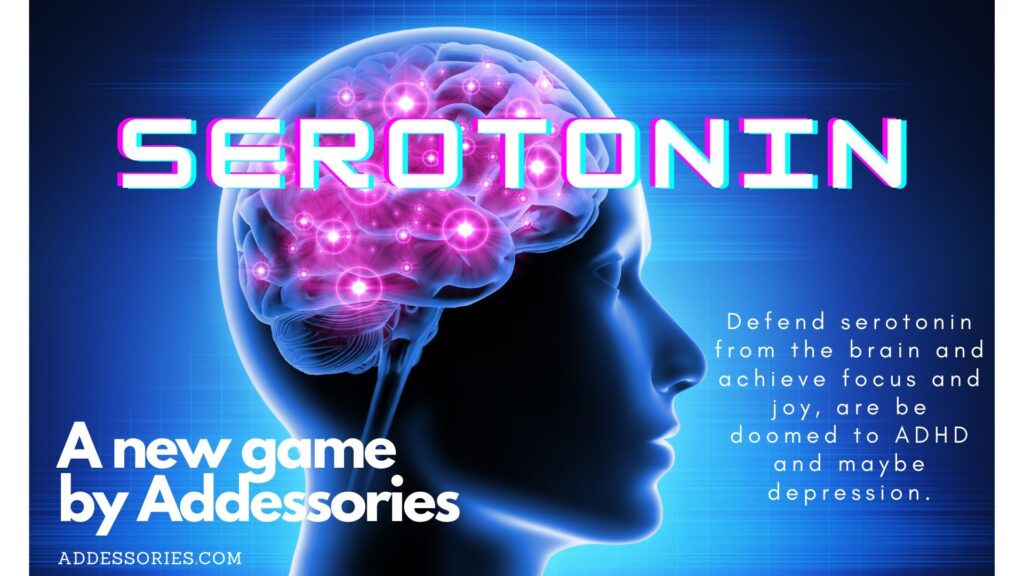How do you test to see if you have ADHD? Well, it depends a lot on who you are working with and how much you want to have ADHD.
How To Diagnose ADHD
ADHD used to be called ADD (cue Istanbul not Constantinople by They Might Be Giants). One can use ADD and ADHD interchangeably and everyone will know what you are talking about.
Attention Deficit Hyperactivity Disorder (ADHD) is a neurodivergent disorder that affects both children and adults. It is characterized by symptoms such as inattention, hyperactivity, and impulsiveness, which can have a significant impact on a person’s daily life.
Diagnosing ADHD involves a multi-step process that includes an evaluation of symptoms, medical history, and other relevant information. The first step in diagnosing ADHD is to schedule a visit with a doctor or mental health professional who specializes in ADHD.
Medical evaluation
During the initial visit, the doctor will take a detailed medical history, including any previous diagnosis or treatment of ADHD or related conditions. If your current primary care doctor is willing to discuss it with you, you can skip some of the “get to know you,” steps. The doctor will ask questions about your symptoms and their impact on daily life. The doctor may also ask about the presence of other physical or mental health conditions that may be related to or mimic ADHD symptoms. As well, there are some other psychological conditions that are co-morbid with ADHD.
Behavioral assessments
Behavioral assessments are a key part of the diagnostic process for ADHD. These assessments can include standardized questionnaires, rating scales, and observation of the patient’s behavior. The results of these assessments can provide valuable information about the presence and severity of ADHD symptoms, as well as any related behavioral issues.
Most providers use questionnaires that are not subtle. This is where you can decide whether you want to have ADHD, or you do not to have ADHD. (More truthfully, whether you want an ADHD diagnosis or not. You have what you have no matter what the medical chart says.)
Diagnostic criteria
The diagnosis of ADHD is based on the criteria outlined in the Diagnostic and Statistical Manual of Mental Disorders, 5th Edition (DSM-5). The DSM-5 defines ADHD as a persistent pattern of inattention and/or hyperactivity-impulsivity that interferes with daily functioning.
The DSM-5 is also what changed ADD to ADHD. The committee of authors putting together the DSM-5 were concerned that ADD might be going under diagnosed since a doctor might not come across ADD if they were only looking for indicators of hyperactivity. So, the DSM-5 changed ADD to Attention Deficit Hyperactive Disorder. Ironically, adding the H caused years’ worth of children (shout out to GenX) to go underdiagnosed because while they had all the other ADHD symptoms, they were not hyperactive. (shout out to the Predominantly Inattentive Presentation)
To meet the criteria for ADHD, the following symptoms must be present:
- Inattention: Six or more symptoms of inattention for children up to age 16 years, or five or more for adolescents 17 years and older and adults, which have persisted for at least six months to a degree that is inconsistent with developmental level and that negatively impacts directly on social and academic/occupational activities.
- Hyperactivity-Impulsivity: Six or more symptoms of hyperactivity-impulsivity for children up to age 16 years, or five or more for adolescents 17 years and older and adults, which have persisted for at least six months to a degree that is inconsistent with developmental level and that negatively impacts directly on social and academic/occupational activities.
The specific symptoms of inattention and hyperactivity-impulsivity that are used to diagnose ADHD vary depending on the age of the patient. For children, symptoms may include forgetfulness, distractibility, and restlessness. For adults, symptoms may include disorganization, impulsiveness, and difficulty concentrating.

Differential diagnosis
It is important to note that ADHD symptoms can be like those of other conditions, such as anxiety, depression, or a learning disability. Your doctor or psychiatrist may wish to pursue alternative explanations for the symptoms before making an ADHD diagnosis.
Congratulations You Have ADHD
Once you have an ADHD diagnosis you can take it out for a spin. You may be disappointed in the reactions you get. ADHD is not uncommon, and many push the idea that ADHD is over diagnosed. Among your friends, acquaintances, and coworkers you’ll find several who also have ADHD. If not, they know someone who does. You need advice about living with ADHD, but you need good advice. Start with a book or two, or a website like this one (shout out to addessories.com). That will give you a foundation of knowledge to take with you out into the world of essential oils, Hamalian lamps.




